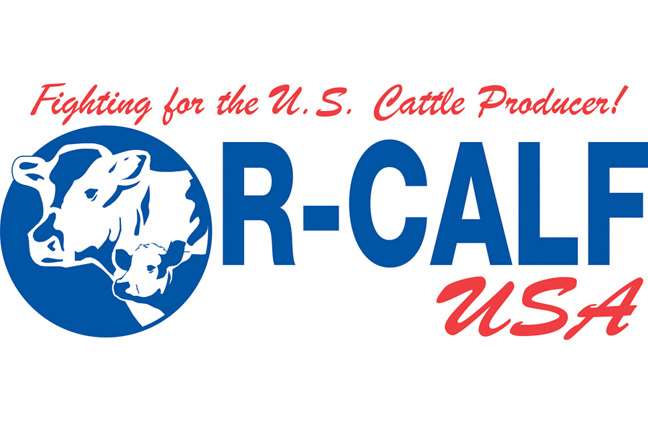
Today, bipartisan legislation was reintroduced in the U.S. Senate to reform the most prominent government subsidy program in the U.S. cattle industry - the national beef checkoff program, which generates about $80 million annually from government-mandated producer assessments that many cattle producers refer to as "the cattle tax." Senators Mike Lee (R-Utah) and Cory Booker (D-N.J.) introduced the Opportunities for Fairness in Farming Act, S. 741. Also reintroduced today was the Voluntary Checkoff Act, S. 740, by Senator Lee.
The two bills were previously introduced during Congress' last session, but their introduction occurred too late during the election year to be properly considered. This year's early reintroduction will ensure the measures are considered by the full Congress.
R-CALF USA CEO Bill Bullard said his group welcomes both bills because they both impart accountability and transparency to the beef checkoff program. He said approximately one-half of the current cattle tax, about $40 million dollars, flows to the National Cattlemen's Beef Association (NCBA), a lobbying group that represents some of the world's largest multinational meatpackers along with some cattle producers.
"Cross-subsidized by the current beef checkoff program, the NCBA lobbies against cattle-producer initiative on the basis that it does not want the government involved in the cattle industry. Yet, the NCBA is the single-largest benefactor of the $80 million government-mandated cattle tax that funds government speech.
"The bipartisan bill, S. 741, will end that conflict of interest by prohibiting lobbying groups from contracting with the program," said Bullard adding, "However, we think the best solution is the voluntary bill, S. 740, that allows producers to vote freely with their pocketbooks regarding whether they are individually satisfied with the checkoff's performance."
Click here to see more...